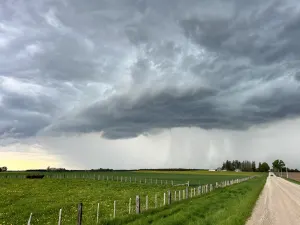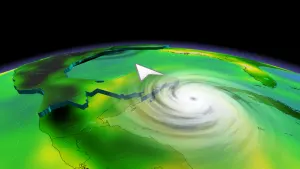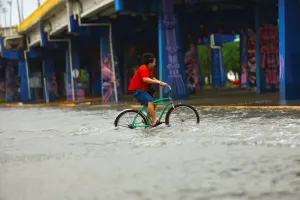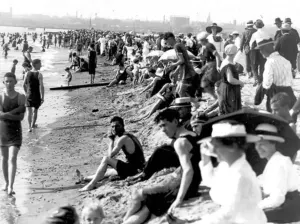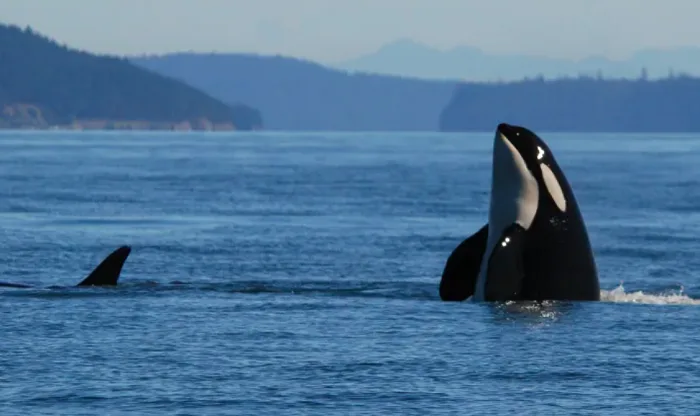
New summer measures coming to protect B.C.'s southern resident killer whales
The federal government is bringing back a list of seasonal measures to protect the endangered southern resident killer whales — and adding a few more.
The whales — whose habitat includes the Salish Sea — were designated endangered under the federal Species at Risk Act in 2001, after their population dwindled to just over 70. Many researchers say a loss of chinook salmon, the orca's main source of food, is to blame, but noise pollution is also considered a factor.
This will be the fourth summer with a suite of restrictions on fisheries, tour boats and ships, in efforts to minimize those threats.
Whale researcher Lance Barrett-Lennard calls the measures "pretty awesome," especially compared to a few years ago.
He says the requirements for ships to slow down, in particular, will be beneficial. The faster ships go, the more sound they make, "and that noise is this kind of acoustic smog that really affects the whales' ability to to communicate and to use echolocation to find prey," said Barrett-Lennard.

A southern resident killer whale swims in the Salish Sea in 2018. An endangered species, this population of just over 70 individuals lives year-round off the coasts of Oregon, Washington and British Columbia. (Joe Gaydos, UC Davis)
SLOWDOWN AREAS
A new speed limit will be in place in two areas near Swiftsure Bank at the entrance to the Salish Sea near Port Renfrew, B.C. Vessels will be required to slow down to a speed of 10 knots, which will reduce the amount of underwater noise they produce.
This new measure was developed in consultation with the Pacheedaht First Nation, according to the federal government.

Both fishing and vessel speed restrictions will be in effect at Swiftsure Bank this summer. (Government of Canada)
Commercial and recreational salmon fisheries will also be closed in a portion of Swiftsure Bank, as well as sections of the Southern Gulf Islands, the Strait of Juan de Fuca and a new area at the mouth of the Fraser River.
For most closures, the exact dates will be announced in June. For the Southern Gulf Islands, closures will kick in as soon as the first southern resident is confirmed in the area.
SANCTUARY ZONES, MINIMUM DISTANCES
From June 1 to Nov. 30, no vessels or fishing will be allowed in two areas known to be important for foraging: the southwest coast of Pender Island, and the southeast end of Saturna Island. The only exceptions are for emergency situations and Indigenous food, social, and ceremonial fisheries.
The requirement continues for all vessels in waters south of Campbell River and around the southern tip of Vancouver Island just past Ucluelet to remain at least 400 metres away from all orcas.
Authorized whale-watching companies are allowed to get within 200 metres of a killer whale that is not a southern resident, if they can prove that their guides are capable of identifying the difference.

An overview of the interim measures to protect southern resident killer whales in the summer of 2022. (Government of Canada)
Other measures include the continuation of the voluntary Enhancing Cetacean Habitat and Observation (ECHO) Program, aimed at reducing noise pollution and involving ongoing research by the federal government into contaminants.
Barret-Leonard, the cetacean researcher, says the measures will be effective, if they are enforced.
Transport Canada says it is working with the Department of Fisheries and Oceans, Parks Canada, RCMP and the Canadian Coast Guard to enforce the interim orders and that it will "continue to strengthen enforcement of these measures."
The CBC has asked for more details on the enforcement strategy but has not yet received a response.
The federal government says it has handed out $51,500 worth of penalties for violating last year's measures.
This article was originally written for the CBC.






